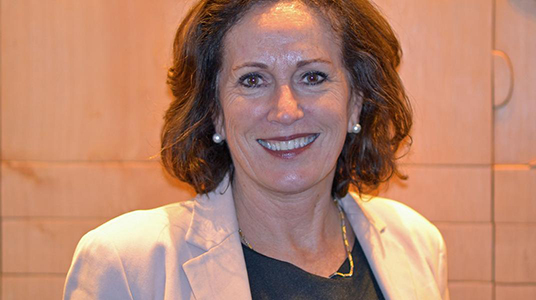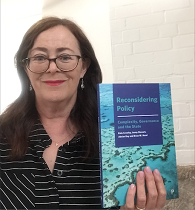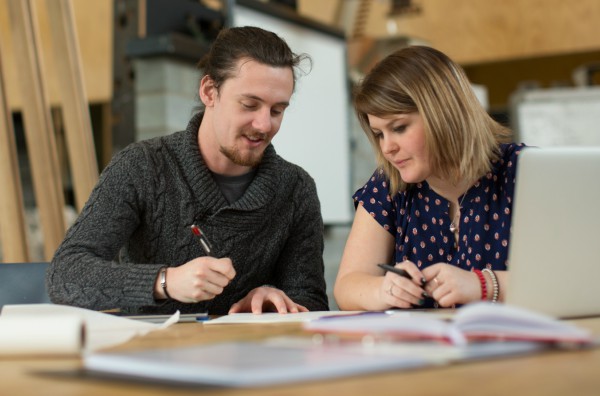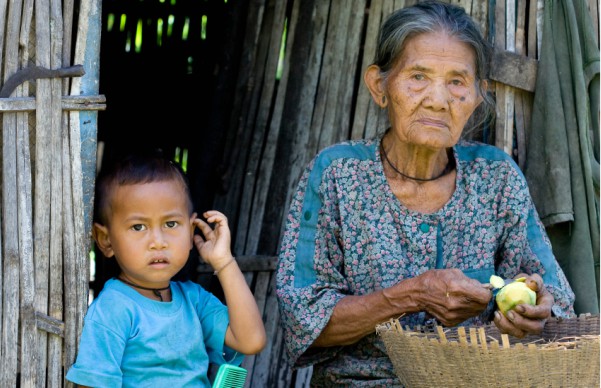Politics and Policy
What is the Politics and Policy program about?
Ideas and ideologies have framed politics in the past and shape it today. They inform how governments develop and implement policies to achieve competing public goals — for example, governments must balance promoting economic development, protecting the environment and responding to threats.
Understanding how governments operate is critical in influencing the development and implementation of effective economic, environmental and security policies at all levels from small, local communities to the regional, national and international context.
The study of Politics and Policy investigates the major ideas that drive the modern world; democracy, liberty, justice and authority, and the relationships between governments, institutions, the private sector, non-government organisations and individual within the Asian-Pacific region.
Why study Politics and Policy with us?
Your studies in Politics and Policy will provide essential skills in research, reasoned argument, and in written and verbal communication, and real world professional experience through our public sector and parliamentary internships.
With a strong reputation in Politics and Policy Relations research, we offer a variety of postgraduate research courses that will develop your advanced research knowledge and skills, helping you understand issues associated with Politics and Policy theory and practice.
What careers relate to Politics and Policy?
Our Graduates will typically find employment in areas of social and market research, policy development and analysis, social welfare administration, human resource management, industrial relations, and public administration and management in commonwealth, state and local government sectors.
- Public sector organisations (commonwealth, state and local government)
- Community and non-government organisations
- Private companies, including policy-oriented think tanks
- Lobby groups
- Media groups
- Public relations firms
- Schools
- Police forces
- Unions and employer groups

Dr Helen Szoke | NGO CEO
A University of Tasmania alumnus, Helen has served as Australia’s Federal Race Discrimination Commissioner and as the Victorian Equal Opportunity and Human Rights Commissioner. She is now CEO at OXFAM Australia.
How can I learn about Politics and Policy?
Students can choose to study Politics and Policy as a major through the Bachelor of Arts or the Bachelor of Social Science. Politics and Policy can be completed within other degree offerings, or as part of a Bachelor of Arts combine degree.
Interested in studying with us? Explore our course and research opportunities below.
Each course and unit is linked to its own page with more detailed information on the Courses & Units website.
Undergraduate
Honours
Our Honours program provides students with an advanced exploration of Politics and Policy. Comprised of specialised core units and a research thesis or project, study at the honours level introduces skills and methods involved in independent research.
The Professional Honours course allows students to develop a body of knowledge in Public Sector Leadership and Management for personal, career or professional development. Students complete core units from their area of interest, and a selection of complementary units. This
course is intended for students who wish to further enhance their studies in a discipline, without progressing into higher research degrees.
Postgraduate
With our Postgraduate Coursework programs you can develop your professional knowledge and expertise into a qualification. Study options are available both online and on campus, and part-time.
Your learning experience in Politics and Policy goes beyond the lecture and tutorials.
You will be taught by experts, and gain perspective from guest lecturers and forums; gain a competitive advantage with real-world experience prior to graduation; study abroad for a fortnight, a month, a semester or a year, as part of your degree; have options to complete your studies your way, whether on-campus, online, part-time or full-time; pursue your passion or specialisation with a range of scholarships, bursaries and financial assistance programs, or meet your career goals with our pathway options.
Take your passion for ideas further than you ever imagined.
We offer a collegial, supportive environment, with experienced supervision, regular seminar series, research skills training, and many opportunities to work with peers and academics on your areas of interest. We supervise across a range of methodologies and conceptual/theoretical approaches, and encourage scholarship that draws on ideas from across diverse fields.
Choose a research topic that reflects your interests and identify a supervisor with the expertise to guide you in your research. Search for a discipline staff member via our staff profiles, or by an area or expertise.
The School of Social Sciences welcomes qualified applicants to undertake a research degree with us in any of our areas of research strengths and interests.
To find out about application procedures, entry requirements, and scholarships, refer to Research Degrees.
Our research in Politics and Policy
Our research in Politics and Policy focuses on Australian Politics, Policy and Public Finance and Environmental, Oceans and Sustainability Governance.
Our work is published in leading journals and by top-tier academic presses, we have access to an international network of top-flight researchers, and members of our team have received prestigious research grants and fellowships.
We welcome proposals from qualified applicants to undertake research degrees in PhDs and Masters, and are pleased to discuss research proposals that cross disciplines, including law, science, business, economics, journalism, geography and environmental studies, education and health sciences.

Featured Researcher | Assoc Prof Kate Crowley
Kate is widely published on green politics and environmental policy, and has chaired advisory councils such as the Tasmanian Environment Industry Council, the Tasmanian Climate Action Council and the University of Tasmania's Board of Graduate Research.
View Kate's full researcher profile Browse our academic staff profiles



